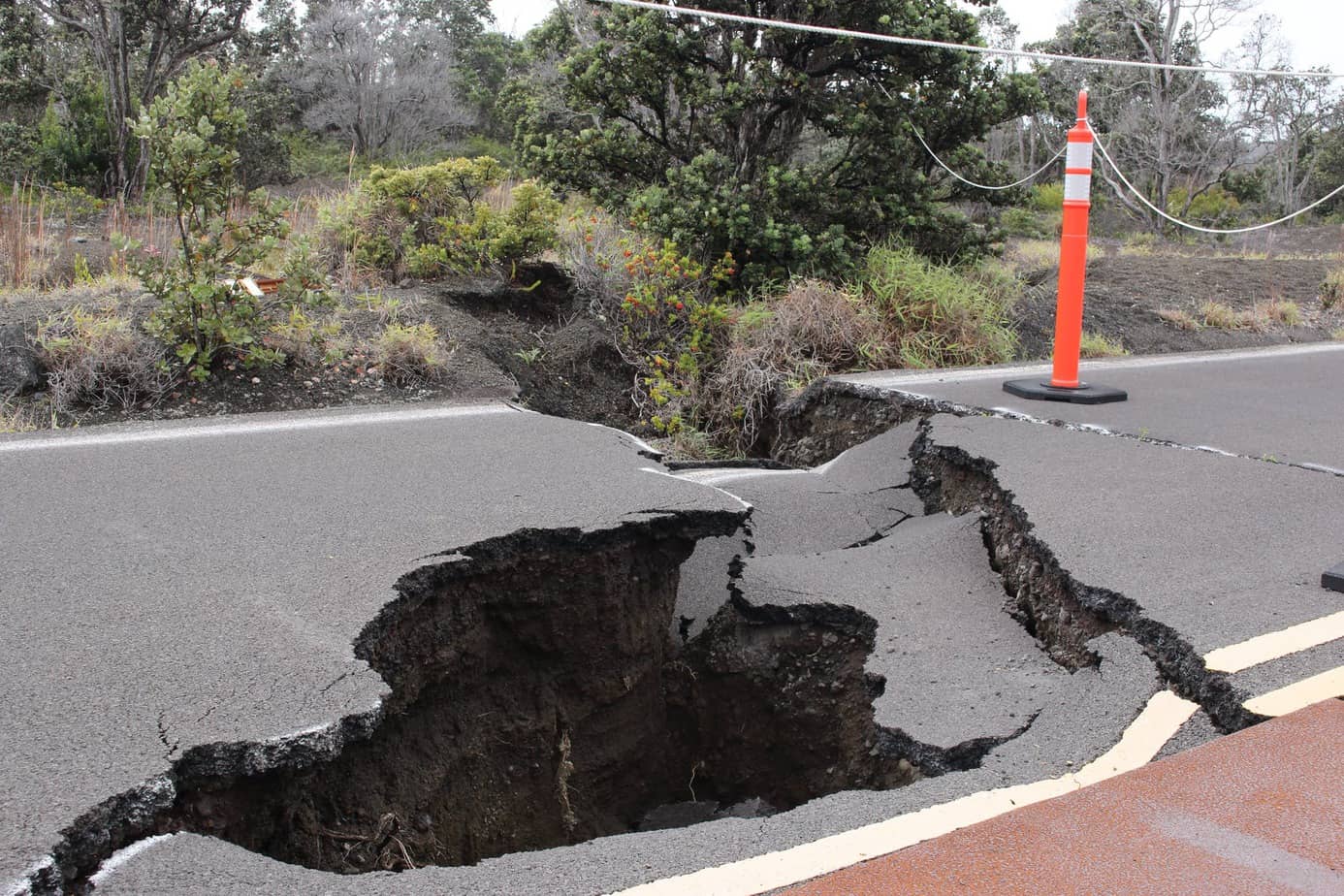Does Travel Insurance Cover Earthquakes and Tsunami?
Does Travel Insurance Cover Earthquakes and Tsunami? Travel insurance typically covers a range of risks, including earthquakes and high-altitude sickness. For instance, if an earthquake strikes while you’re travelling, your policy may cover medical expenses, trip cancellation, and emergency evacuation
However, it’s crucial to check the specific terms, as some policies exclude coverage for natural disasters in high-risk areas.

High-altitude illness
Travel insurance often includes medical expenses and emergency evacuation if you fall ill during a mountain climbing expedition. For example, if you experience severe symptoms while climbing the Himalayas, your insurance can cover the cost of a helicopter rescue and hospital treatment. However, policies may have exclusions for pre-existing medical conditions or activities deemed too risky.
Age limits for travel insurance can vary, but most policies cover travellers aged 18 to 80. Some insurers offer coverage for older travellers, but premiums may be higher, and certain conditions might apply.
Understanding these details, you can choose the right travel insurance policy to ensure a safe and enjoyable trip, even in challenging environments.
Imagine you’re trekking through the rugged, breathtaking landscapes of the Himalayas. The air is thin, and every step feels like a monumental effort. Suddenly, you experience severe headaches and dizziness—symptoms of high altitude sickness. Despite the discomfort, you press on, but the symptoms worsen.
Your travel insurance, tailored for such adventures, springs into action. The policy covers the cost of an emergency helicopter evacuation, which swoops in to rescue you from the perilous heights. You’re swiftly transported to a hospital where expert medical care awaits. The doctors confirm it’s a severe high-altitude sickness, but thanks to the quick response, you’re on the road to recovery.
In another scenario, while enjoying a tranquil retreat in a scenic coastal town, a sudden earthquake strikes. Buildings shake, and the ground quakes beneath you. In the aftermath, you’re safe but shaken. The earthquake causes significant damage to the area, including your accommodations.
Your travel insurance covers the medical expenses for minor injuries you sustained and the cost of relocating to a safe area. The policy also compensates for the interruption to your trip, allowing you to rearrange your plans without financial stress.
These narrated stories highlight the importance of having comprehensive travel insurance for unexpected situations. Whether you’re exploring high altitudes or facing natural disasters, being prepared ensures your safety and peace of mind.

Travel Insurance cover Tsunami
Yes, travel insurance generally covers natural disasters, including tsunamis For example, during the 2014 Aceh tsunami, travellers who had insurance could claim for medical expenses, trip cancellations, and emergency evacuations.
Imagine you’re on holiday in a coastal area when a tsunami strikes. Your travel insurance would cover the cost of medical treatment if you’re injured, reimburse you for any trip cancellations, and even cover the cost of emergency evacuation to a safer location.
It’s always important to check your policy details, as coverage can vary. Understand what is and isn’t included to be fully prepared for any unexpected events.
In the blink of an eye, a devastating tsunami hit Phuket Island, sweeping through the serene beaches with relentless force. The once vibrant shores filled with laughter and joy quickly turned into a scene of chaos and despair. Many foreign tourists, enjoying their dream holiday, the ocean’s fury tragically swallowed. The waves showed no mercy; the roaring water drowned the cries. It was a heartbreaking catastrophe, leaving behind a trail of sorrow and lost lives. The island mourned the loss of countless souls, marking a dark day in its history.
Yes, the recent earthquake in Japan on January 1, 2024, led to a tsunami.
The 7.6-magnitude earthquake struck the central region of Japan, causing significant damage and triggering tsunami warnings along the coast. The waves reached up to 1.2 meters (4 feet) in some areas, causing widespread destruction and numerous casualties. The Japanese government and international aid organizations quickly mobilized to assist and support those affected.
It’s a stark reminder of the importance of being prepared and having comprehensive travel insurance when visiting areas prone to natural disasters. Do you know anyone who has been affected by such events?
The policy generally covers medical expenses, trip cancellations, and emergency evacuations due to natural disasters, including earthquakes. However, coverage for incidents involving nuclear power stations can be more complex. Some policies might exclude events related to atomic incidents or radiation exposure.
Does Travel Insurance Cover Earthquakes and Tsunami?
Travellers aged 80 and above
Travel insurance for travellers aged 80 and above is available, but it may come with certain conditions and higher premiums due to the increased risk. Here are some steps to help you find the right coverage:
Compare providers: Look for insurance companies that offer policies specifically for seniors. Some options include Diplomat America, Patriot Platinum, and Safe Travels USA Comprehensive.
Check coverage details: Ensure the policy covers medical expenses, trip cancellations, and emergency evacuations. Pay attention to any exclusions, especially for pre-existing conditions.
Read Reviews: Look for reviews and feedback from other senior travellers to gauge the reliability and customer service of the insurance provider.
Get a quote: Contact the insurance providers directly for a quotation based on your needs and health conditions.
Consider Assistance Services: Some policies offer 24/7 travel assistance services, which can be invaluable in an emergency.
Following these steps, you can find a travel insurance policy that provides the necessary coverage and peace of mind for your travels. Safe travels!
Reviewing your specific policy details or contacting your insurance provider to understand the extent of your coverage is crucial. If you’re travelling to areas with nuclear facilities, consider purchasing additional coverage or a specialized policy that includes protection against such events.
Would you like more information on finding the right travel insurance for your needs?
